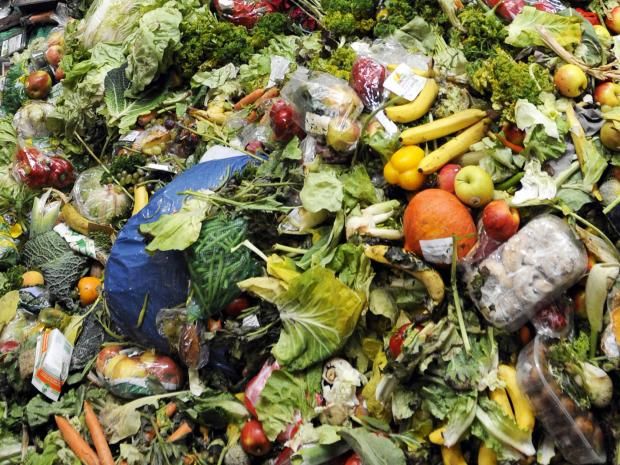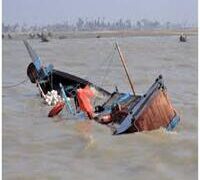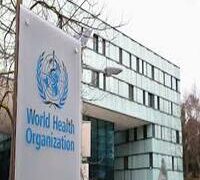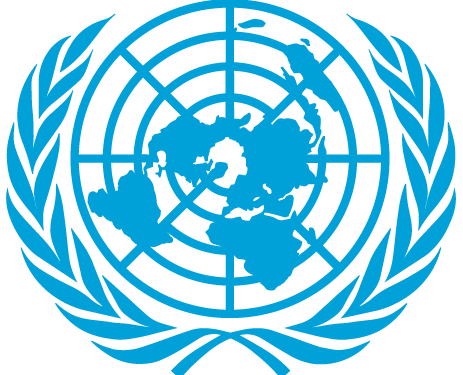

The world wasted an estimated 19% of the food produced globally in 2022, or about 1.05 billion metric tons, according to a new United Nations report.
The U.N. Environment Programmer’s Food Waste Index Report, published Wednesday, and tracks the progress of countries to halve food waste by 2030.
The U.N. said the number of countries reporting for the index nearly doubled from the first report in 2021. The 2021 report estimated that 17% of the food produced globally in 2019, or 931 million metric tons (1.03 billion tons), was wasted, but authors warned against direct comparisons because of the lack of sufficient data from many countries.
The report is co-authored by UNEP and Waste and Resources Action Programme (WRAP), an international charity.
Researchers analyzed country data on households, food service and retailers. They found that each person wastes about 79 kilograms (about 174 pounds) of food annually, equal to at least 1 billion meals wasted worldwide daily.
Most of the waste — 60% — came in households. About 28% came from food service, or restaurants, with about 12% from retailers.
“It is a travesty,” said co-author Clementine O’Connor, the focal point for food waste at UNEP. “It doesn’t make any sense, and it is a complicated problem, but through collaboration and systemic action, it is one that can be tackled.
The report comes at a time when 783 million people around the world face chronic hunger and many places facing deepening food crises. The Israel-Hamas war and violence in Haiti have worsened the crisis, with experts saying that famine is imminent in northern Gaza and approaching in Haiti.
Food waste is also a global concern because of the environmental toll of production, including the land and water required to raise crops and animals and the greenhouse gas emissions it produces, including methane, a powerful gas that has accounted for about 30 percent of global warming since pre-industrial times.
Food loss and waste generate 8 to 10 percent of global greenhouse gas emissions. If it were a country, it would rank third after China and the U.S.





































